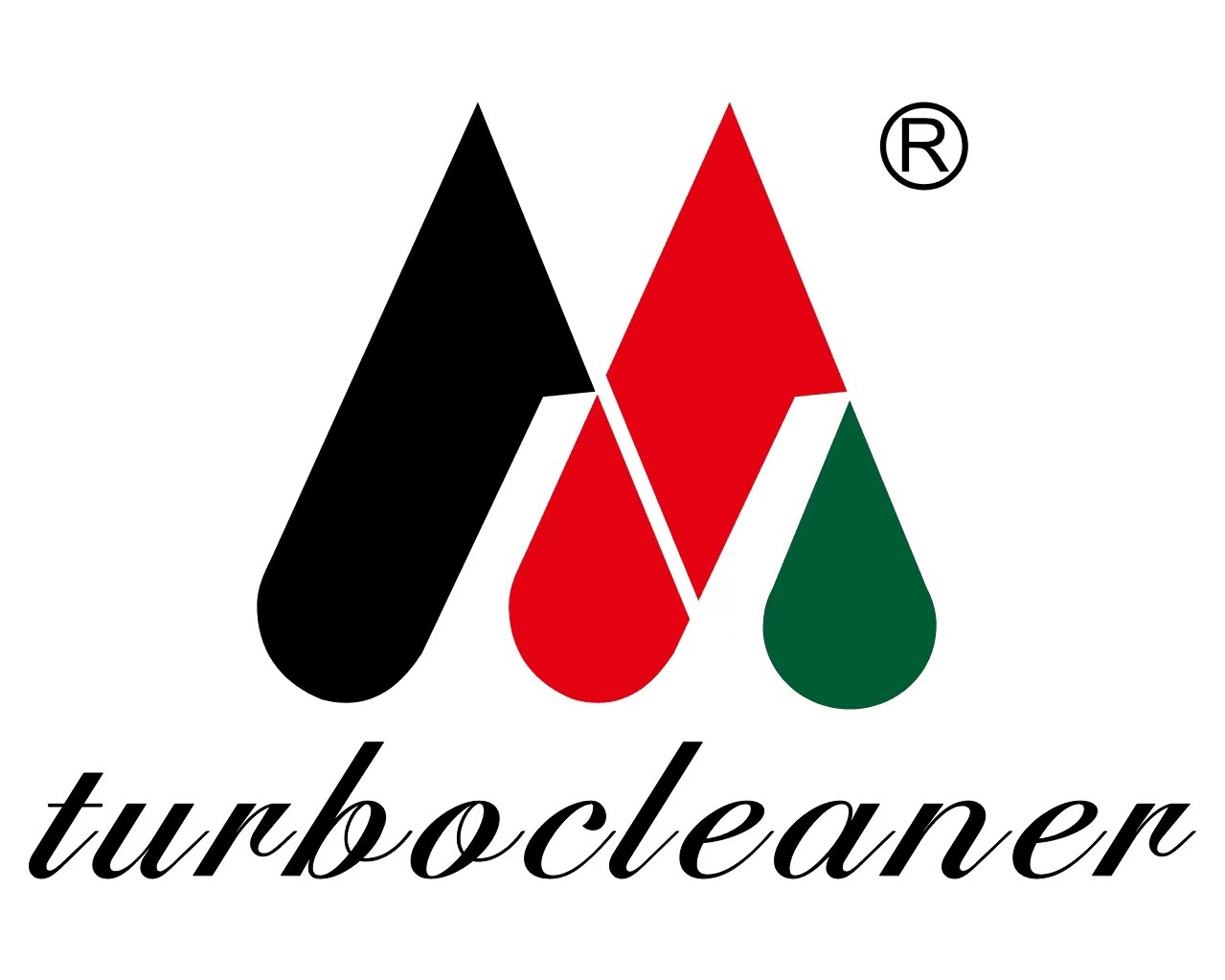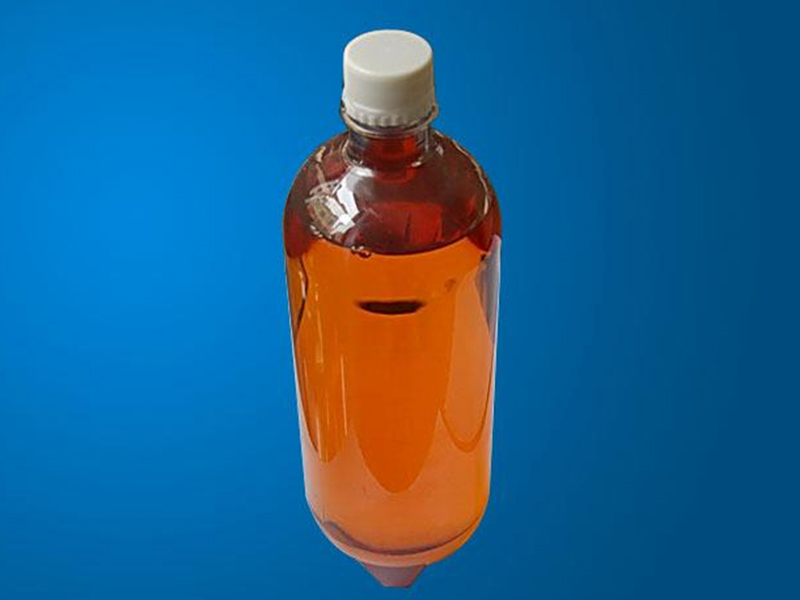|
Grade |
Main Function |
Application Industry |
|
TC-1026 |
Disperse sludge, enhance the atomization of fuel oil, catalyze the secondary combustion, save fuel, reduce the Greenman black of emitted flue gas |
The furnace, boiler, and electric generator using heavy oil as fuel. |
FAQ
- Q: What are the main functional products of gas turbine fuel additives currently available on the market?
- There are vanadium inhibitors, smoke suppressors/combustion promoters, oil sludge dispersants, and viscosity reducers, etc.
- Q: What are the main types of vanadium inhibitors available on the market?
- There are sulfonate-type, carboxylate-type, hydroxyl-type, and polymerized magnesium-type vanadium inhibitors.
- Q: What are the differences in performance between different types of vanadium inhibitors?
- The function of different types of vanadium inhibitors is the same: they all provide MgO at high temperatures, which reacts with the vanadium in the fuel to form high-melting-point composite oxides, thereby preventing the formation of low-melting-point V2O5, which can corrode turbine blades. Sulfonates have good oil solubility and disperse well in fuel, but their effective content is low and cost-effectiveness is poor. Carboxylates have good oil solubility and are easy to disperse in fuel, but their hydrolysis resistance is poor, and their effective content is low, with moderate cost-effectiveness. Hydroxide-based inhibitors mainly consist of magnesium hydroxide, which has poor storage stability but offers higher cost-effectiveness. Polymerized magnesium-based inhibitors consist mainly of magnesium oxide, can be made into products with very high effective content, have good storage stability and hydrolysis resistance, making it the highest cost-effectiveness compared to other types of vanadium inhibitors.
- Q: What are the key performance indicators for vanadium inhibitors?
- The key indicators are the content of effective magnesium (Mg), and the content of metal impurities such as K, Na, Ga, Pb, Ni, V, etc. Other factors like viscosity, density, flashpoint, and other safety performance indicators related to addition, storage, and transportation.
- Q: What is the main function of demulsifiers for gas turbine fuels?
- To remove water-soluble metal ions from the fuel oil, reducing the corrosion of high-temperature components by low-melting-point metal salts at high temperatures.
- Q: What is the difference between oil-soluble and water-soluble demulsifiers during use?
- There is no substantial difference; oil-soluble demulsifiers have broader applicability, while water-soluble ones have higher cost-effectiveness.
- Q: What factors are related to the hardness of scale formation on gas turbine blades?
- The amount of elements such as S, Si, Ga in the fuel, the Mg/Ga ratio in the additives, the load of the gas turbine, etc.


